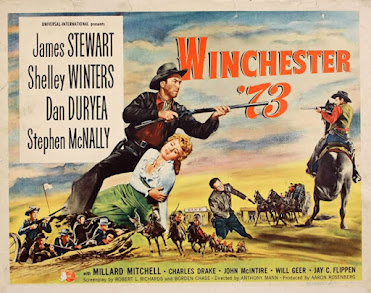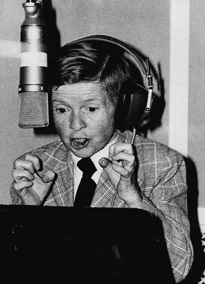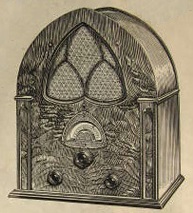If you got the chance to listen to the "Mystery Broadcast" of "A Christmas Carol," I'm sure you'll agree it's a good adaptation!
Right now is as good a time as any to run down the elements from the book that were included and anything that might have been added.
It runs about 40 minutes, so there's plenty of time to include most of what needs to be included.
We start off with some carolers singing "Silent Night" before a jaunty narrator sets the scene with some dialogue right from the book mixed with some new material.
The opening scene in Scrooge's office contains just about everything we would expect, with the coal business, Fred's visit and (in this case just one) charity solicitor.
Curiously, Scrooge does not make his "surplus population" remark even through the charity guy puts it right over the plate for him to swing at!
After reluctantly giving Bob the day off, the scene changes to Scrooge already in bed when Marley's ghost arrives.
Marley's Ghost gives Scrooge the usual warning and tells him the other three spirits will all come that same night, but only giving the start time (one o'clock) for the first.
The Ghost of Christmas Past shows up on cue and we get a few scenes.
The transition to each scene is accompanied by a kind of siren sound, which is pretty effective.
First is young Ebenezer at school. Fan comes in and interestingly, Ebenezer said he was waiting for her and asks if they're going home. I always got the impression from the book that he was surprised that Fan showed up to take him home.
The schoolmaster gets a couple of lines here for a change!
Next up is Fezziwig's Christmas party, at which the spirit gets in a good dig at how Fezziwig was a kinder master than "the surviving partner of Scrooge and Marley!"
The breakup scene is next and, most intriguing of all, his former fiancée's name is Alice, just like in the 1951 Alastair Sim movie version! Must be a coincidence, right?
Unlike that Alice, we do see this one married and her husband is named John here. Alice says she's very happy and says, "To think what I might have been," in an unusually direct reference to her prior betrothal.
Next up is the Ghost of Christmas Present and Scrooge actually asks the spirit to show him some happiness and goodness and love, showing that he's on the way to reformation.
Naturally they stop off at Bob Cratchit's house and Scrooge seems excited to see him. The Cratchits do about everything you'd expect.
They also visit Fred's party where Scrooge and the spirit watch Fred and the guests play the yes or no game, then toast Scrooge.
Before the spirit leaves, he brings Scrooge down an alley to show him Ignorance and Want. It's very unusual for them not to be hiding in the spirit's robe (when they're included at all).
The Ghost of Christmas Yet to Come then appears and he does talk in this adaptation.
The spirit shows Scrooge the businessmen as expected, but things take an interesting turn when they actually see two women (presumably the charwoman and laundress) helping themselves to Scrooge's possessions rather than having them selling them to Old Joe.
They then go back to the Cratchit house where we learn that Tiny Tim has died. The spirit then shows Scrooge his own grave and Scrooge pleads for mercy.
Since this spirit talks, he confirms that if Scrooge departs from his course, the ends will change. Good to know!
As with many adaptations, things take a wacky turn on Christmas morning!
Scrooge is aware it's Christmas morning, as the spirits all came on Christmas Eve, so he didn't have to ask anyone.
It's kind of confusing, but apparently a boy who works for the poulterer knocks on Scrooge's door, mistakenly thinking that Scrooge had ordered a turkey. He hadn't, but he does have the boy bring this turkey back, then deliver the prize turkey to the Cratchits. I don't know why they did it this way.
What's also odd is that the boy says he brought Scrooge the biggest turkey they had, yet he's not talking about the prize turkey!
Next Fred shows up to ask Scrooge one more time if he'll come to dinner. Scrooge agrees to come, then sends Fred to find the charity solicitor after he tells Fred that he plans to surprise Bob at the office the next morning.
An abrupt cut with no siren-type sound effect finds Scrooge and Bob at the office where Scrooge raises Bob's salary and quotes Tiny Tim's famous line.
The carolers start singing "O Come All Ye Faithful" and we're done!
So, a pretty straightforward adaptation with a few little wrinkles to keep it interesting.
As the narrator said, it's a special radio treat!

















































